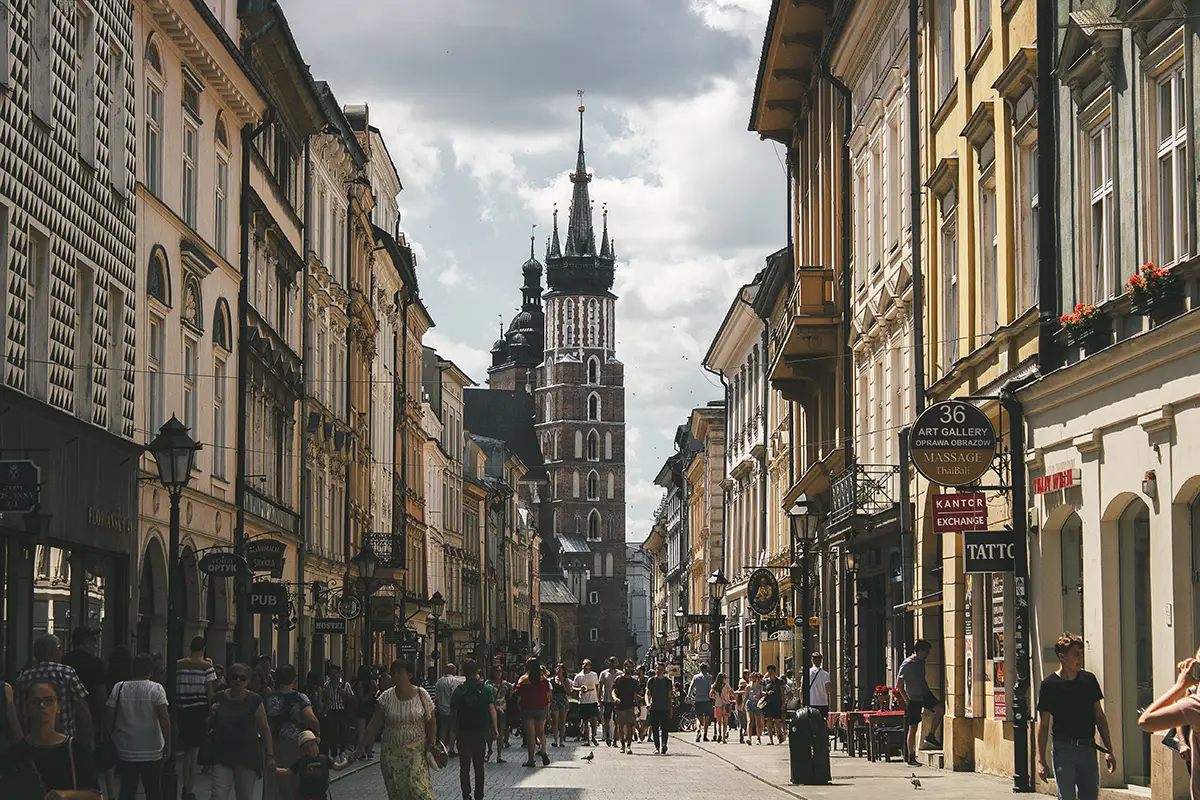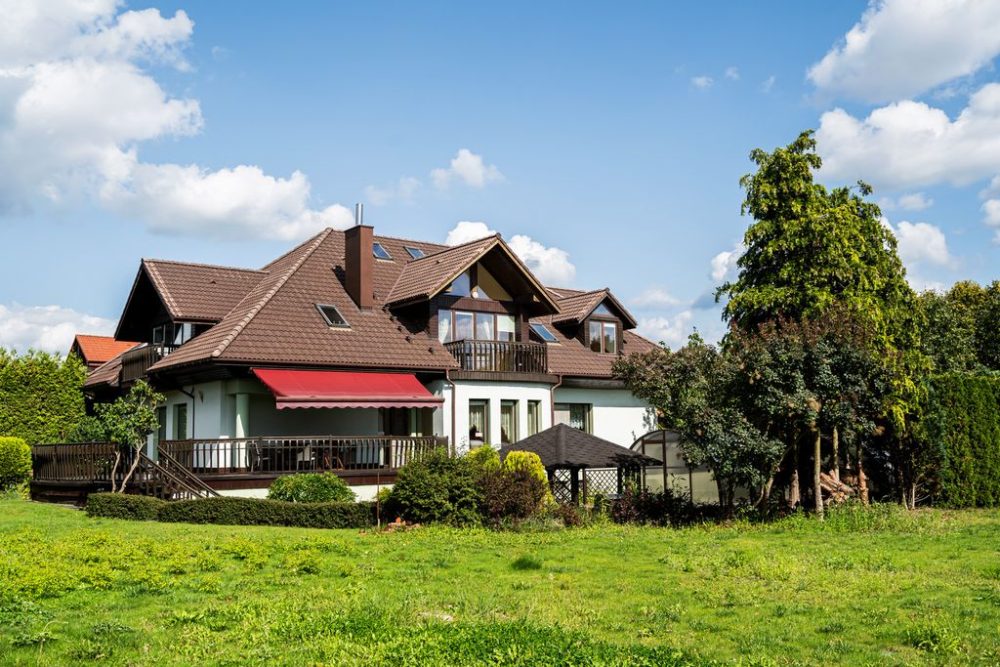Acquiring citizenship is not a monologue of bureaucracy, but a chain of precise steps with specific conditions, especially in Poland. Here, naturalization is governed by clear requirements but offers real prospects. This form of acquiring legal status implies deep integration, documentary confirmation of legal residence, stable income, language proficiency, and absence of criminal records. The path is challenging but transparent.
Who and under what conditions can obtain citizenship by naturalization
Naturalization is possible when specific criteria are met, particularly the length of stay in the country. Obtaining citizenship in Poland is possible for foreigners who have legally resided for at least 3 years with a permanent place of residence and stable income. With Polish origin, the period is reduced to 1 year.

Naturalization conditions:
- Permanent residence for a minimum of 3 years based on a permanent residence permit or long-term EU resident status.
- Income confirmation (e.g., employment with a salary of at least 3010 PLN gross per month).
- Proficiency in the Polish language – at least level B1, confirmed by a state certificate.
- Absence of criminal records.
- Knowledge of history, traditions, political system.
Naturalization in Poland requires strict adherence to the above parameters without exceptions.
Legalization of residence: visas, temporary residence permits, permanent residence permits
The direct path to citizenship always begins with a legal basis for residence. Immigration starts with a visa (type D – national), followed by a temporary residence permit, which is then converted into a permanent residence permit – a mandatory step before submitting documents. A visa is issued with the presence of a study program, contract, relatives, or investments.
A temporary residence permit is issued for a maximum of 3 years, requiring proof of housing and stable income. After 5 years of continuous residence in the country, a permanent residence permit can be obtained. Only after that can documents be submitted to obtain Polish citizenship.
Document package for obtaining citizenship by naturalization
Obtaining citizenship as a foreigner requires submitting a comprehensive document package to the voivodeship based on the place of residence. The process can take from 6 to 12 months.
The most crucial step is taking an oath of allegiance to the Republic of Poland – a mandatory act that concludes the entire process.
The list of documents includes:
- Application.
- Copies of passport and permanent residence card.
- Language proficiency certificate.
- Documents confirming income, employment, domicile.
- Certificates of no criminal record.
- Documents on residence in the country.
Citizenship by naturalization in Poland is granted by the President’s decree, after which the applicant receives a Polish passport.
Not obvious but important: language, traditions, reputation
Not only the legal but also the social context plays a crucial role. Poland evaluates integration not formally but substantively. Without respect for traditions, culture, history, and basic language knowledge, naturalization becomes impossible.
The system checks not only documents but also actual inclusion in society. Reputation plays a key role – confirmed work, participation in local initiatives, absence of violations, regular tax payments strengthen the application.
Key steps towards citizenship by naturalization
Each stage of the process is strictly regulated and requires documentary evidence. Citizenship status becomes real only with precise adherence to all conditions without deviations from the established procedure.
The path includes the following stages:
- Obtaining a national visa or other basis for residence.
- Obtaining a temporary residence permit with the right of extension.
- Legalization of domicile – confirmation of address, contract, utility payments.
- Accumulation of the required period of residence (3-5 years).
- Transition to permanent residence permit or EU resident status.
- Income and employment confirmation (minimum wage).
- Obtaining a B1 certificate in the Polish language.
- Collecting and submitting a complete document package.
- Successful interview, confirmation of integration.
- Taking the oath and receiving the passport.
Each step is important, deviations lead to refusal or delays.
What makes Poland competitive
Compared to other EU countries, Poland offers clear and achievable conditions for obtaining status.
For example, in France, 5 years of continuous residence and a high language level (B2) are required, in Germany – 8 years, in Austria – 10. In Poland, the rules are more flexible, the timelines are shorter, and the cost of legal support is lower.
The country also actively integrates foreigners through the labor market and education – over 80,000 students annually obtain temporary residence permits, and many of them transition to permanent residence permits and further to citizenship by naturalization in Poland.
Common mistakes in obtaining citizenship by naturalization
Obtaining citizenship often becomes unattainable due to formal and factual errors. The most common one is insufficient period of residence based on a permanent residence permit.
Staying on a visa or temporary residence permit does not count if not accompanied by proper registration and stable domicile. Applicants often overlook breaks in residence registration, which nullifies the entire period.
Another typical mistake is insufficient language proficiency. Even after living in the country for 10 years, without an official B1 certificate, obtaining status is impossible.
Cases are also common where candidates provide outdated income statements or violate the validity period of documents, automatically leading to rejection.
Lawyers recommend checking in advance:
- accuracy of registration address;
- status of all documents;
- timeliness of certificates;
- criminal record certificates from all countries of residence for the last 5 years.
Polish citizenship is granted only to those who strictly follow the sequence and do not leave gaps in legalization.
Simplified citizenship by naturalization: who gets the right faster
Certain groups can go through the process in an accelerated manner.
In particular, foreigners with Polish roots (direct line ancestors), spouses of Polish citizens (after living together for 3 years), and refugees recognized under the Geneva Convention.
These categories have a shortened period, simplified conditions for obtaining citizenship status, and a more lenient check.
For example, a spouse of a Polish citizen can apply for citizenship after just 2 years of residence based on a permanent residence permit. Language proficiency, absence of criminal records, and integration into society remain mandatory.
Investments: how real estate facilitates the path to citizenship
Polish citizenship can be obtained faster through investments in real estate. The law does not explicitly highlight investments as a basis, but practice shows that ownership of properties, leasing, tax payments, and participation in the economy create additional trust.

This strategy works especially well when combined with a long-term permanent residence permit.
For example, when buying an apartment worth at least 600,000 PLN in major cities (Warsaw, Krakow, Wroclaw) – the investor receives favorable treatment and expedited document evaluation.
This approach often succeeds in the absence of other grounds for acceleration – such as kinship or origin.
Conclusion
Citizenship by naturalization in Poland is a clear and achievable process. Timelines, income, language, and social inclusion play a decisive role.
The procedure is transparent, the conditions are specific. Acceleration is possible – through real estate investments or family grounds. The Polish state maintains equal rules for everyone – without preferences based on origin or citizenship.
 en
en  ru
ru  de
de  ar
ar  es
es  nl
nl  hi
hi  fr
fr  it
it  pt
pt  el
el 



